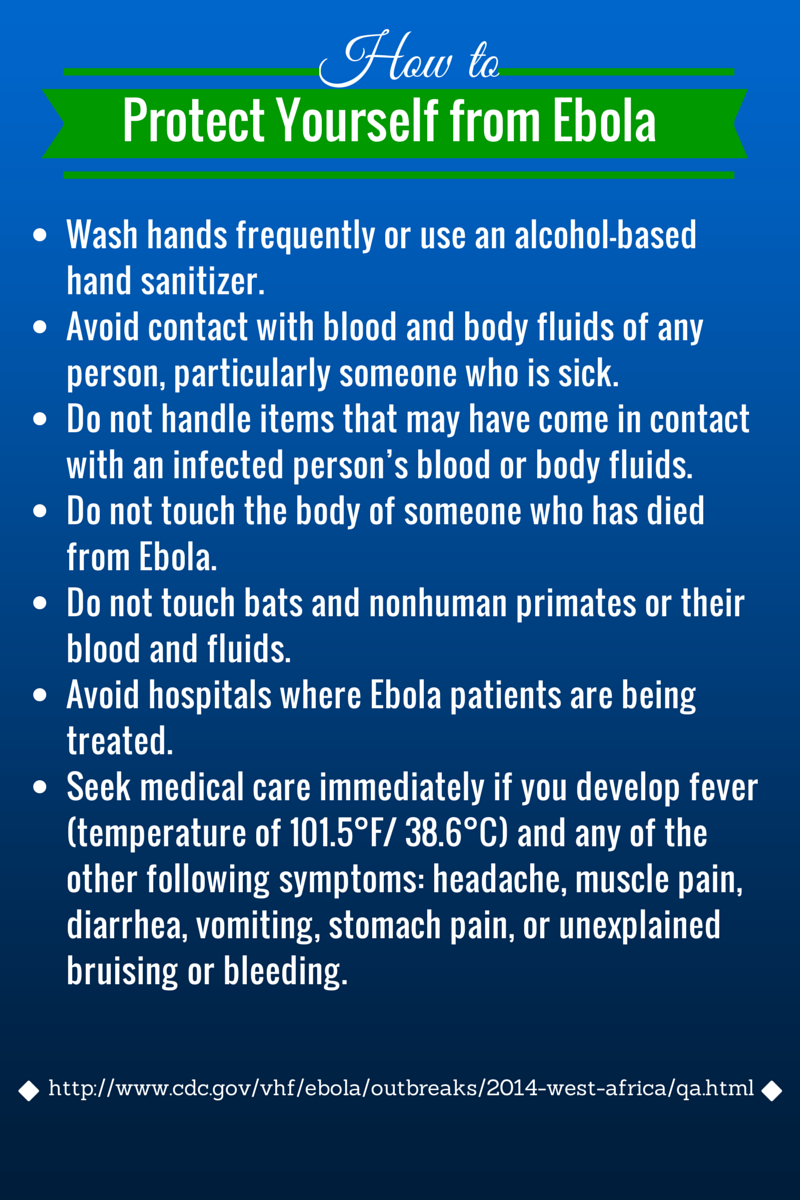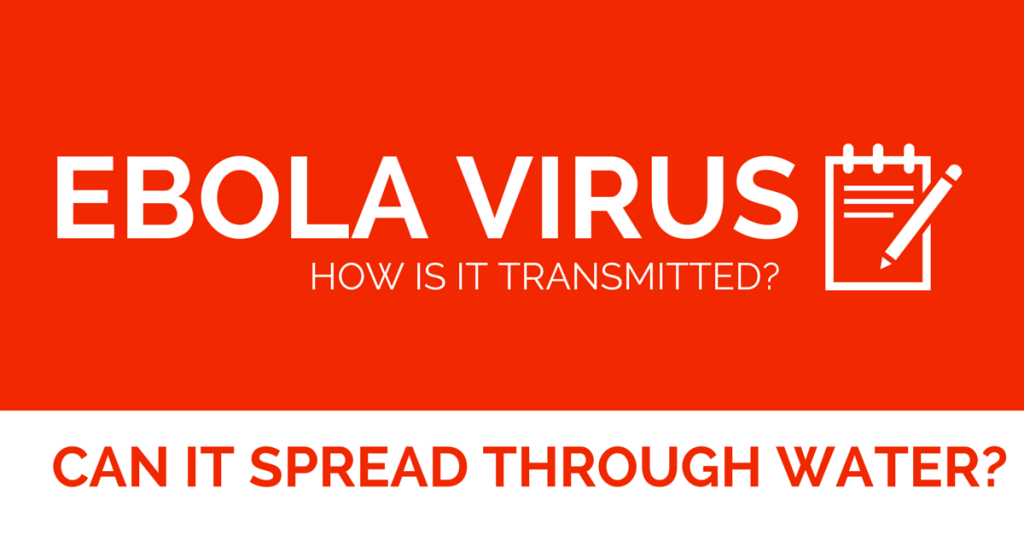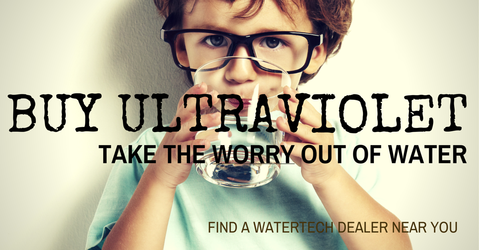Update 15 Oct 2014:
Governor Deal of Georgia has been making headlines recently after his comment, “I heard…that water kills the Ebola virus. I’ve never heard that before. I thought it was something that was so contagious there wasn’t much you could do to prevent it or anything else, so her advice was ‘wash your hands.'” (Read more: The Marietta Daily Journal)
Critics are quick to point out that water does NOT kill Ebola. Although research indicates that Ebola won’t live long in water as water is not a very rich medium to host the virus, Ebola is more effectivley “killed” with a chlorine bleach and water solution prescribed on the World Health Organization’s website.
More than three cases of Ebola have now been confirmed in the U.S. with one fatality and Ebola has killed more than 4,400 in western Africa so far this year. According to WHO, the reason Ebola is so frightening is that it is often fatal with a death rate of up to 90 percent–and no known cure.
Knowing that Ebola has officially reached the U.S. makes many of us feel uneasy–and we have questions. How does Ebola spread? Are we safe? And what can be done to protect our families?
How is Ebola Spread? Can Ebola spread through water?
The transmission of Ebola happens through person-to-person contact such as blood or body fluids.The Center for Disease Control and  Prevention (CDC) website states that Ebola is a virus and is “not spread through casual contact or through the air. Ebola is spread through direct contact with bodily fluids of a sick person or exposure to objects such as needles that have been contaminated.”
Prevention (CDC) website states that Ebola is a virus and is “not spread through casual contact or through the air. Ebola is spread through direct contact with bodily fluids of a sick person or exposure to objects such as needles that have been contaminated.”
“The issue is not that Ebola is highly infectious. The issue with Ebola is that the stakes are so high. People are infectious with Ebola when they are sick.” – CDC Director Dr. Thomas Frieden
Can Ebola spread through droplets of water and contaminate our water system?
Unlike the viruses such as hepatitis (hepatitis A and E) that can be transmitted through water, the CDC specifically states that Ebola is spread only through bodily fluids: “Ebola is not spread through the air or by water, or in general, by food”.
In water, the Ebola virus is deactivated in a matter of minutes. A National Public Radio blog dated Sept 12, 2014 quoted Jean-Paul Gonzalez from Metabiota, an organization that tracks global infectious diseases, “[The virus] will not remain for a long time in the water,” Gonzalez says. “It’s not a very rich medium to protect the virus.”
It’s important, he adds, to remember that viruses aren’t as resistant outside the body as bacteria are. Rather, they depend heavily on the cells of their host — animal or human — for survival.
Are we safe?
Thankfully, the U.S. has a very strong healthcare system. Although precautions are being taken to ensure the disease does not spread, additional cases have now been confirmed and more is being learned about the disease each day. A list of helpful hints on how to protect
yourself from Ebola is listed below. And for more information about Ebola, go to The Center for Disease Control and Prevention website.
Ebola aside, many impurities DO enter our waters every day: cadmium, sulfates, asbestos, hydrocarbons, bacteria and industrial waste to name a few.
Peace of Mind
If you’re looking for a little peace of mind, many water experts recommend ultraviolet (UV) water purifier as a final barrier to protect the family from water-borne contaminants entering the home. UV systems can destroy 99.99% of microorganisms without changing the water’s taste, odor, pH or chemistry.With UV technology, water is exposed to a UV light that kills micro-organisms, including Cryptosporidium and Giardia –microorganisms that cannot be killed by chlorine in a water treatment plant.
Municipalities work hard to provide clean water for consumers–water that meets EPA guidelines. But the truth of the matter is that contaminants can and do infiltrate aquifers and springs, and even corroded pipes can introduce impurities into the water lines long after water has been treated at a municipal water treatment plant.
UV is an environmentally-friendly way to purify water as no chemicals are added during the process. UV technology is proven to be reliable and cost effective. After the initial purchase, the cost of operation is quite low and produces hundreds of gallons of purified water for pennies per day.
Learn more about WaterTech’s UVMAX ultraviolet water purification system by talking with an authorized WaterTech dealer in your area.



